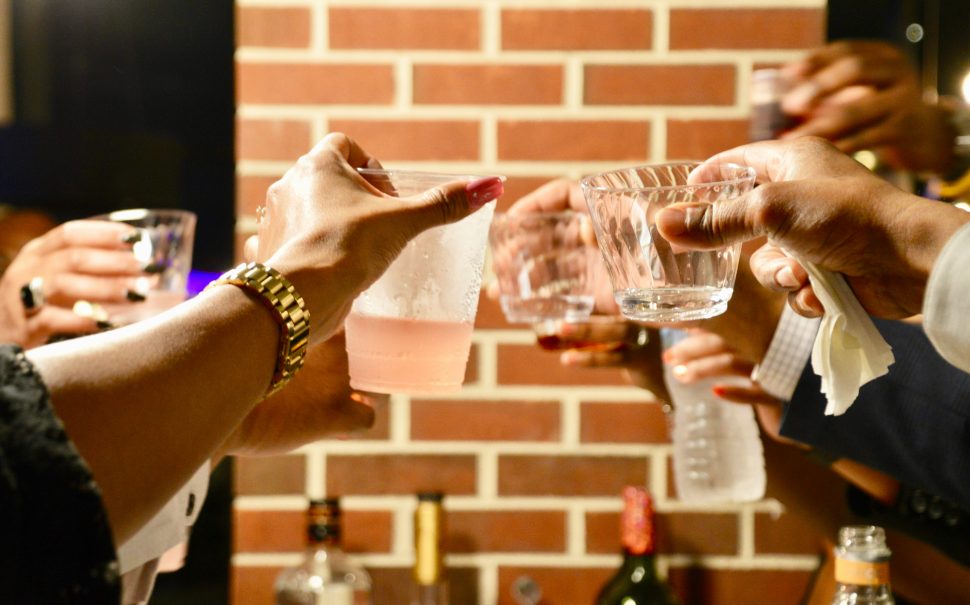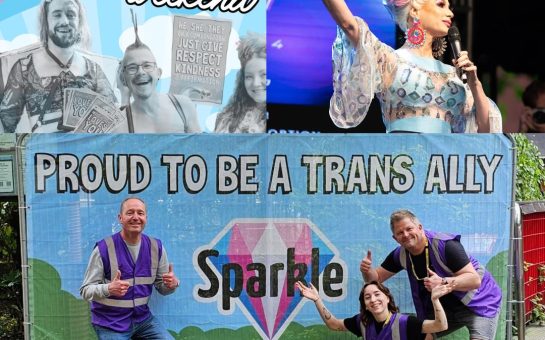Brain health experts have revealed Dry January can be a positive, long-lasting reset for the brain.
Brainwork Neurotherapy explained how going sober for 31 days not only rejuvenates our body – and our wallet – but can lead to improved cognitive function, better sleep, reduced brain inflammation and increased emotional well-being.
James Roy, technical director at Brainworks Neurotherapy said: “By abstaining from alcohol during Dry January, individuals provide their brains with a valuable opportunity to reset and restore optimal functioning.”
Furthermore, alcohol is known to be a depressant which can exacerbate feelings of anxiety and result in mood swings.
James said: “By refraining from alcohol consumption in January, individuals may experience improved mood, enhanced emotional resilience, and a better overall sense of well-being.”
Our sleep cycle can be disrupted by alcohol, James explained, leading to poor-quality rest.
“As individuals commit to a month of sobriety, they often experience better sleep, which plays a crucial role in cognitive function, memory consolidation, and overall brain health,” he added.
These benefits can last well beyond January.
This Dry January has proved one of the most popular, with more than half of UK adults (57%) wanting to cut down their alcohol consumption during 2024, according to Alcohol Change UK.
Interestingly, 18 to 24-year-olds were the largest age group to take part, closely followed by 25 to 34-year-olds – according to a survey by BBPA – and many are planning for a dry year.
Heather Bell, 25, Manchester, challenged herself to give up alcohol in January having got into a habit of having a glass of wine most nights with dinner and drinking regularly with friends.
Her initial motivation was to save money during the cost-of-living crisis.
Heather said: “I was out all the time, so I have saved loads of money – I reckon I’ve saved nearly a grand, if not more.”
“When I organise a night out and total it all up, I question if it is even worth it.”
But saving money is not the only thing that Heather reaped the benefits of – the mental health impacts were significant.
Heather said: “My anxiety has got so much better beyond belief, to the point where I’ve reduced some of my medication with the plan of coming off it.
“A big trigger was drinking. It wasn’t just the hangovers.
“The planning before, the pressure, wondering if people were going to judge me.
“I didn’t have that anymore and it made everything more enjoyable.”
Heather plans to reduce her alcohol intake past Dry January to continue to see the benefits.
“It defeats the purpose if we go and spend the money we have just saved and just brought ourselves out of the habit of going out all the time,” Heather added.
However, Heather, who works in social media, received backlash on Instagram after posting about her decision to do Dry January.
“The negative messages I was getting from putting it up have stopped me from putting anything up about Dry January,” she said.
“Loads of people went straight to the comment section and said I was doing it for attention.
“Sometimes people see it as a trend and do not want to jump onto it, but this has actually been worthwhile.”
Kirsty Hardingham, 26, Manchester, similarly participated in Dry January and kept a daily journal to document her thoughts and feelings throughout the challenge.
Kirsty said: “I feel about 50% less anxious – especially going to bed which is massive for me as I don’t lie awake worrying about things.
“The anxiety I do feel is not as debilitating. I can rationalise it, and not feel like the world is going to end.”
Kirsty also discovered a newfound sense of motivation and enthusiasm during her month of no drinking.
She said: “Work is so much easier and I feel more in control of myself, being able to stick to meal plans and have more energy to work out and do over 10 thousand daily steps.”
Kirsty revealed she had much better mental clarity, feeling less confused and not tripping over her words as much as she usually would.
While she thought she would struggle to enjoy social events, not being able to drink alcohol did not ruin her fun.
During Kirsty’s first sober night out, she did not have the urge to drink whatsoever.
“I really enjoyed being sober around everyone. I got to actually speak to people and remember small details,” she said.
“It was a really wholesome evening, instead of worrying about my drink running out and spending loads of money.”
With the clear mental and brain health benefits of going alcohol-free, 2024 could be an extremely dry year.



